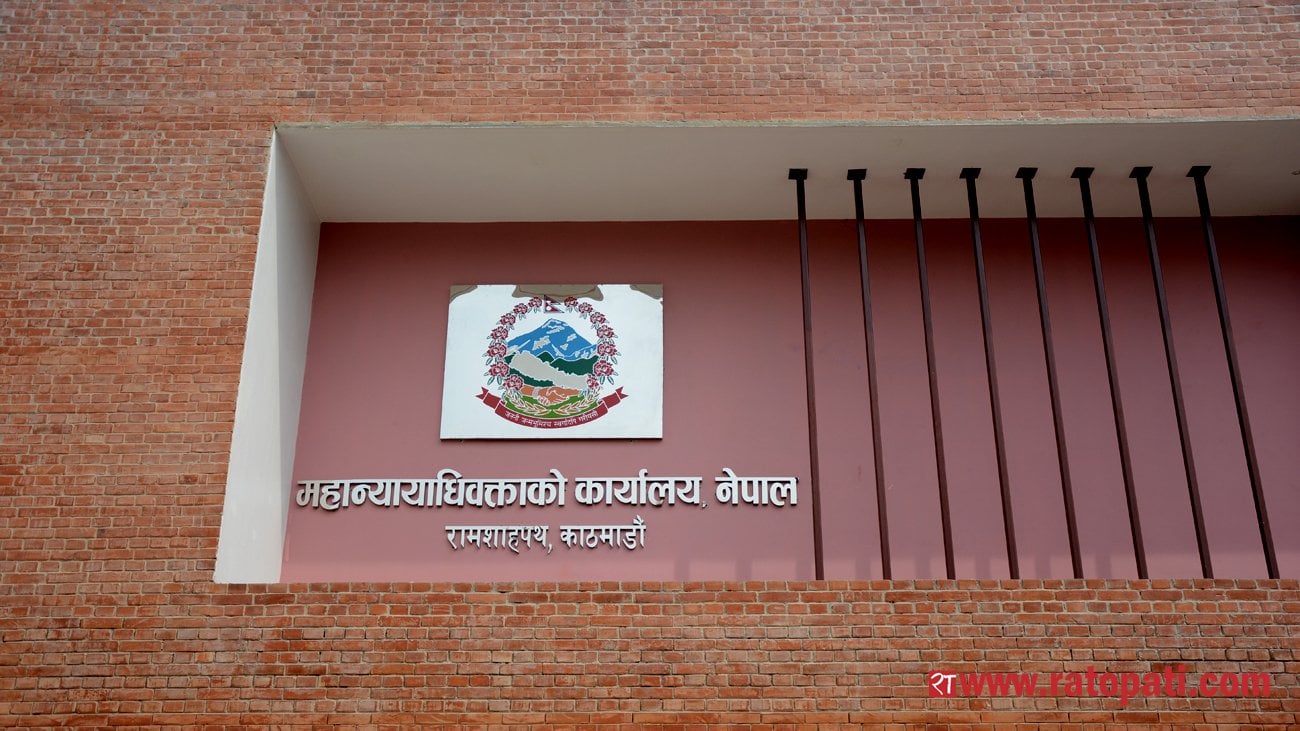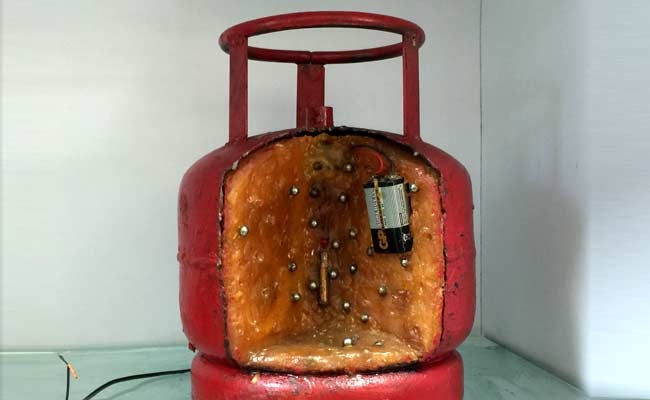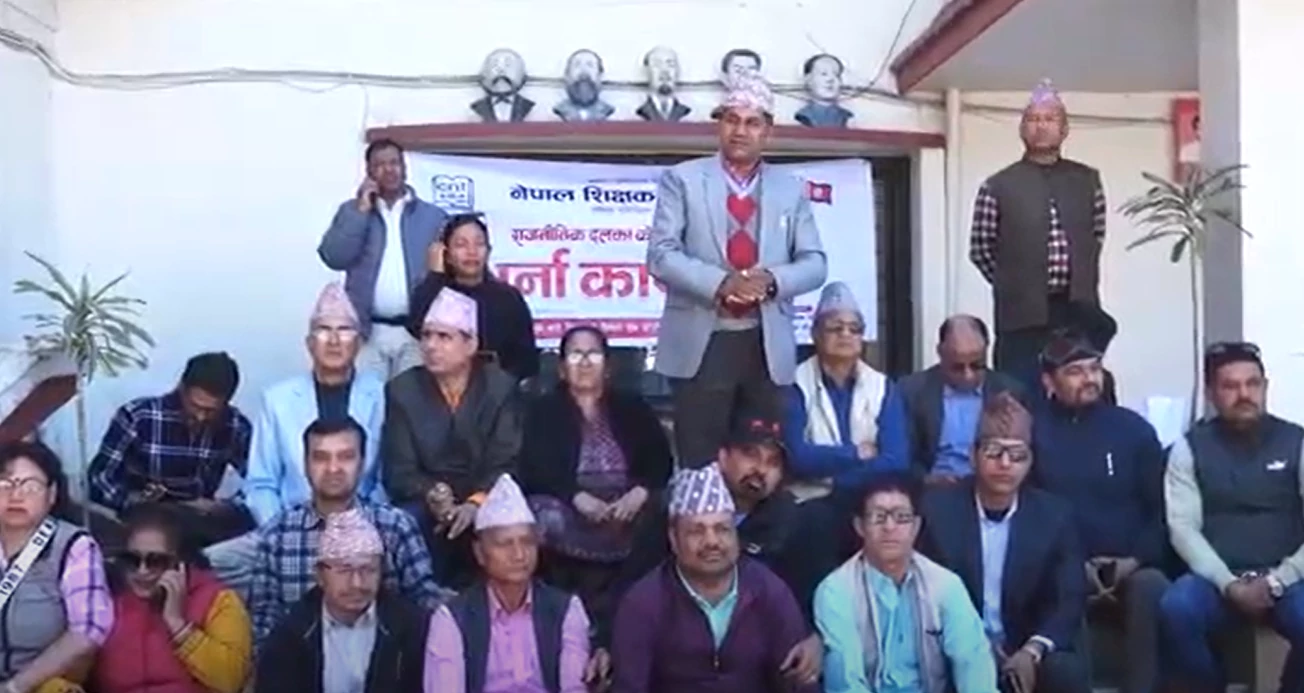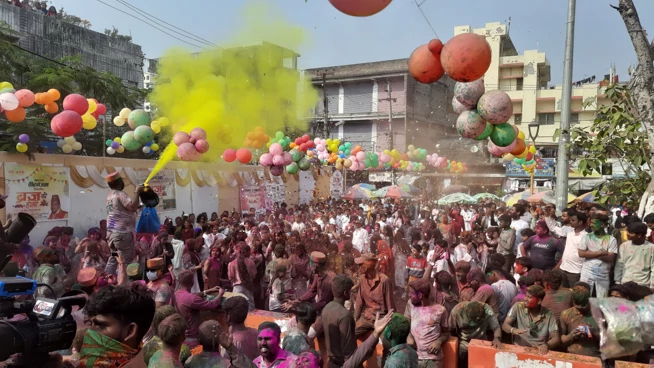179 prisoners granted parole

Kathmandu, September 24 — A decision has been made to place 179 prisoners on parole. This was confirmed by Attorney General Ramesh Badal, stating that the Federal Probation and Parole Board's meeting has recommended the release of these individuals on parole.
The recommendation made by the Federal Probation and Parole Board needs to be presented to the relevant district court through the Department of Prison Management. Once approved by the district court, the prisoners will be able to leave the prison premises and live on parole.
According to the Criminal Offense (Sentencing and Execution) Act, 2017, the government had previously recommended that 635 individuals be released from detention in five phases. Attorney General Badal noted that this recommendation was approved by the court, and the current decision is the sixth phase by the parole board.
Only prisoners with good conduct will be placed on parole. Badal mentioned that of those who were on parole from the previous decisions, only one violated the parole terms. He stated, "Parole has proven to be very effective."
Parole and probation are tools used for social and family reintegration. Prisoners on parole or probation must have served two-thirds of their sentence in prison. Those who have served two-thirds of their sentence and have good conduct can be granted the privilege of serving their remaining sentence at home, based on the jailer's recommendation and the parole board led by the Attorney General. The court must also approve the parole board's decision.
Prisoners sentenced to more than one year and who have served two-thirds of their sentence can serve the remainder at home, a system referred to as "parole and probation." The committee responsible for making parole decisions includes the Director General of the Department of Prison Management as the member-secretary, along with the Inspector General of Police, the Secretary of the Ministry of Home Affairs, the Law Secretary, a psychiatrist, and a criminologist as members.
Prisoners availing of the parole facility must adhere to the standards and conditions set by the government. According to these standards, prisoners cannot leave their district. They are prohibited from engaging in illegal activities while on parole and must report to the parole officer on specific dates. Following the cabinet's decision, parole officers have been designated in all 77 districts. Prisoners on parole are allowed to engage in income-generating activities.
Which offenses disqualify prisoners from parole?
Prisoners involved in ten types of offenses are not eligible for parole. These include those sentenced to life imprisonment, convicted of corruption, rape, acid attacks, human trafficking, organized crime, money laundering, torture, and inhumane treatment. Additionally, those convicted of crimes against the state and humanity are also barred from parole.









Leave Comment